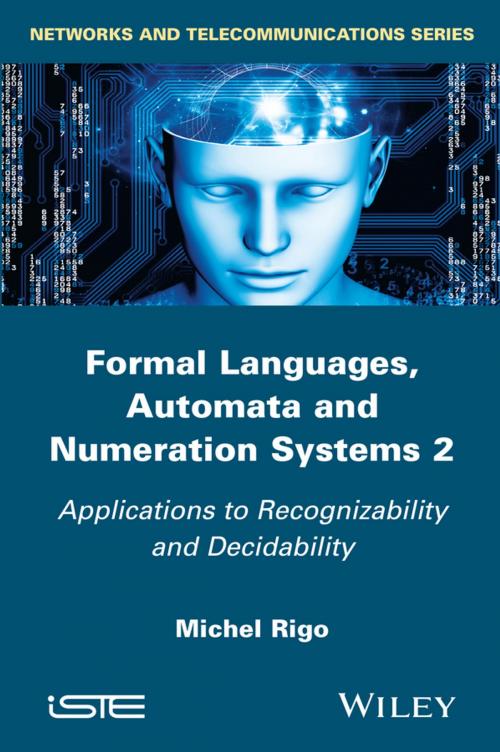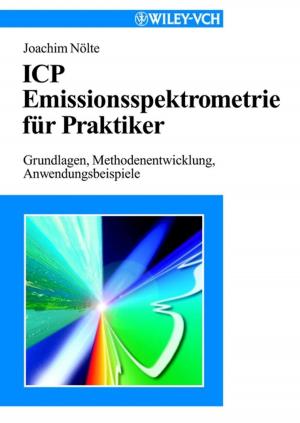Formal Languages, Automata and Numeration Systems 2
Applications to Recognizability and Decidability
Nonfiction, Science & Nature, Technology, Engineering| Author: | Michel Rigo | ISBN: | 9781119042860 |
| Publisher: | Wiley | Publication: | September 10, 2014 |
| Imprint: | Wiley-ISTE | Language: | English |
| Author: | Michel Rigo |
| ISBN: | 9781119042860 |
| Publisher: | Wiley |
| Publication: | September 10, 2014 |
| Imprint: | Wiley-ISTE |
| Language: | English |
The interplay between words, computability, algebra and arithmetic has now proved its relevance and fruitfulness. Indeed, the cross-fertilization between formal logic and finite automata (such as that initiated by J.R. Büchi) or between combinatorics on words and number theory has paved the way to recent dramatic developments, for example, the transcendence results for the real numbers having a “simple” binary expansion, by B. Adamczewski and Y. Bugeaud.
This book is at the heart of this interplay through a unified exposition. Objects are considered with a perspective that comes both from theoretical computer science and mathematics. Theoretical computer science offers here topics such as decision problems and recognizability issues, whereas mathematics offers concepts such as discrete dynamical systems.
The main goal is to give a quick access, for students and researchers in mathematics or computer science, to actual research topics at the intersection between automata and formal language theory, number theory and combinatorics on words.
The second of two volumes on this subject, this book covers regular languages, numeration systems, formal methods applied to decidability issues about infinite words and sets of numbers.
The interplay between words, computability, algebra and arithmetic has now proved its relevance and fruitfulness. Indeed, the cross-fertilization between formal logic and finite automata (such as that initiated by J.R. Büchi) or between combinatorics on words and number theory has paved the way to recent dramatic developments, for example, the transcendence results for the real numbers having a “simple” binary expansion, by B. Adamczewski and Y. Bugeaud.
This book is at the heart of this interplay through a unified exposition. Objects are considered with a perspective that comes both from theoretical computer science and mathematics. Theoretical computer science offers here topics such as decision problems and recognizability issues, whereas mathematics offers concepts such as discrete dynamical systems.
The main goal is to give a quick access, for students and researchers in mathematics or computer science, to actual research topics at the intersection between automata and formal language theory, number theory and combinatorics on words.
The second of two volumes on this subject, this book covers regular languages, numeration systems, formal methods applied to decidability issues about infinite words and sets of numbers.















